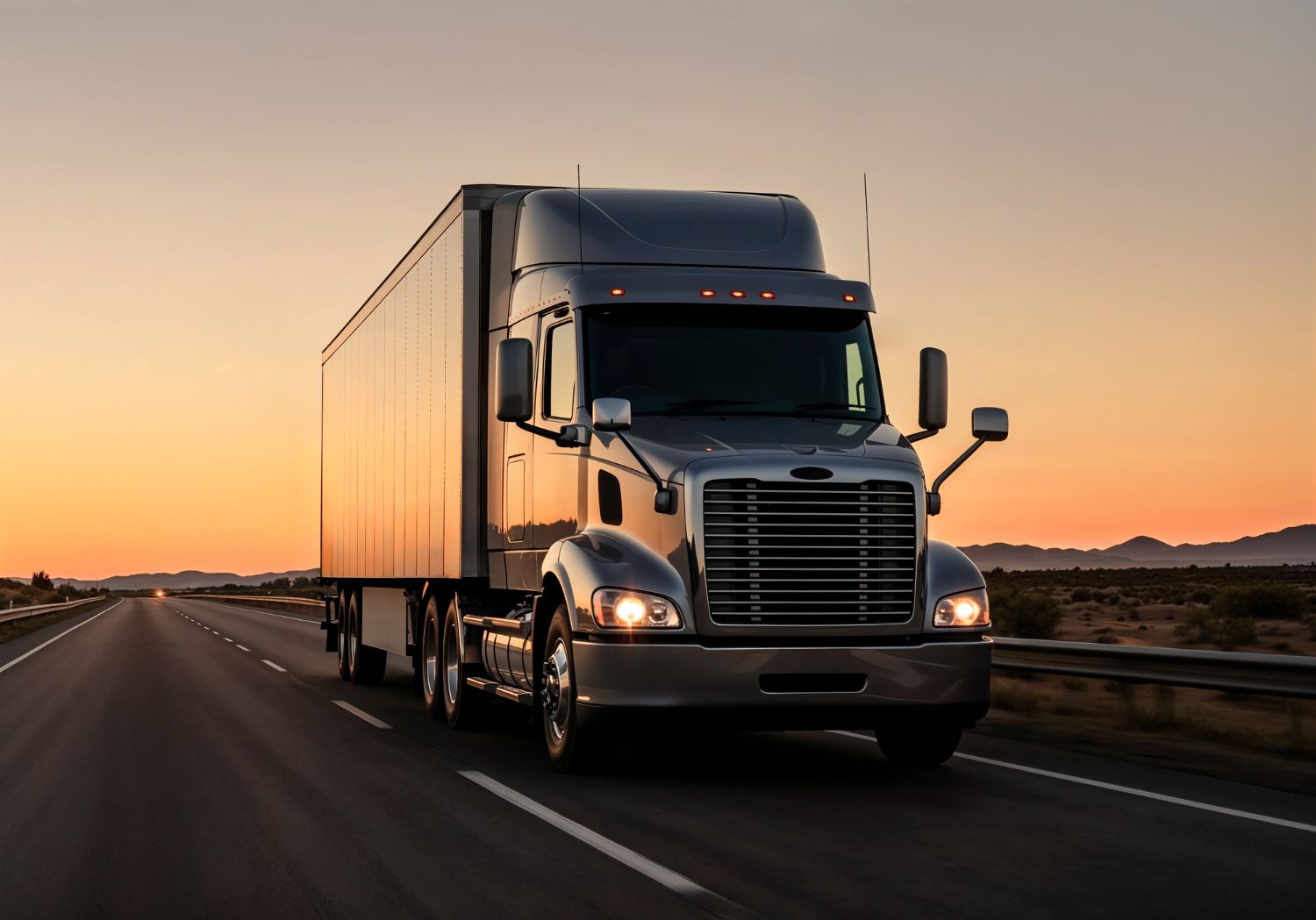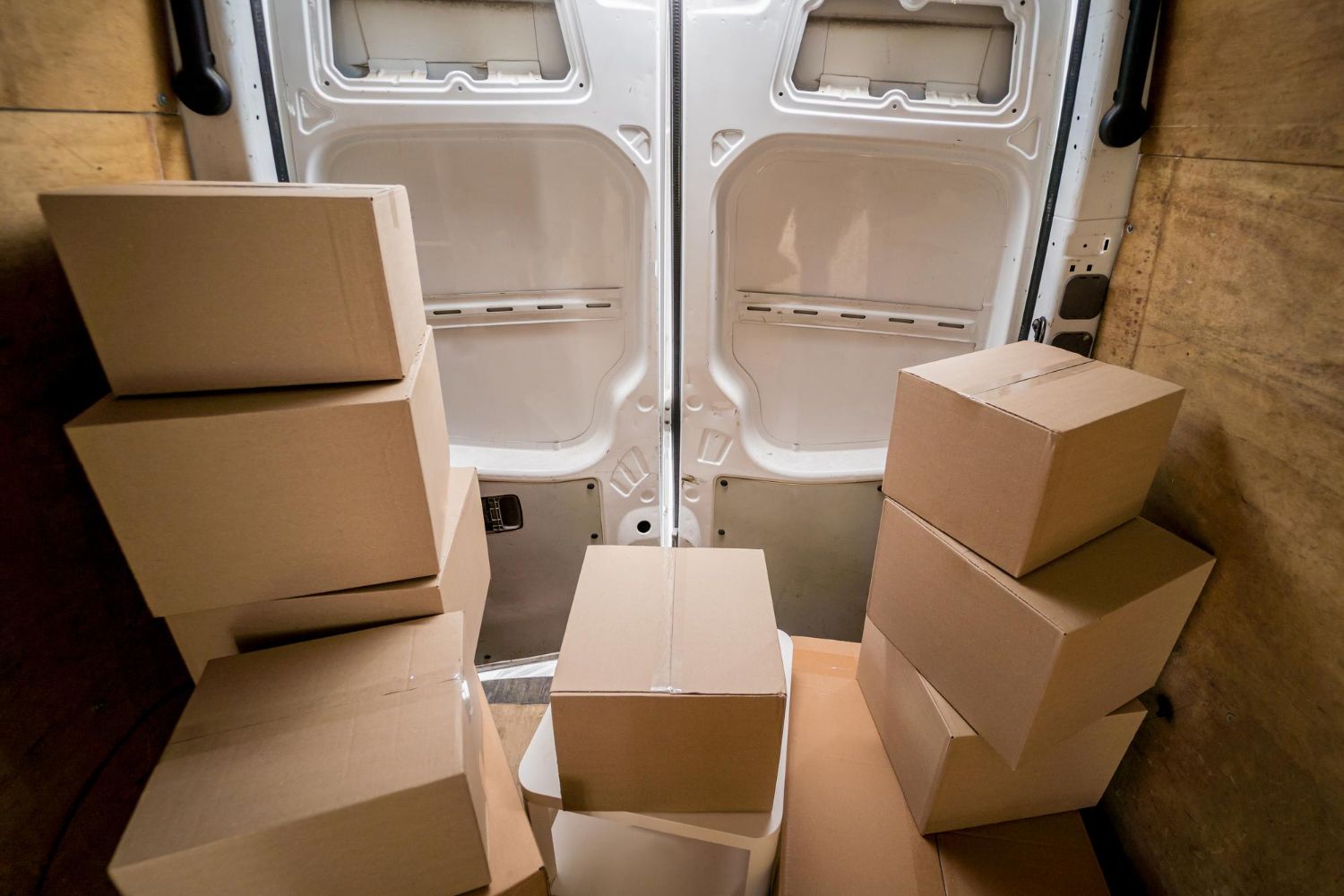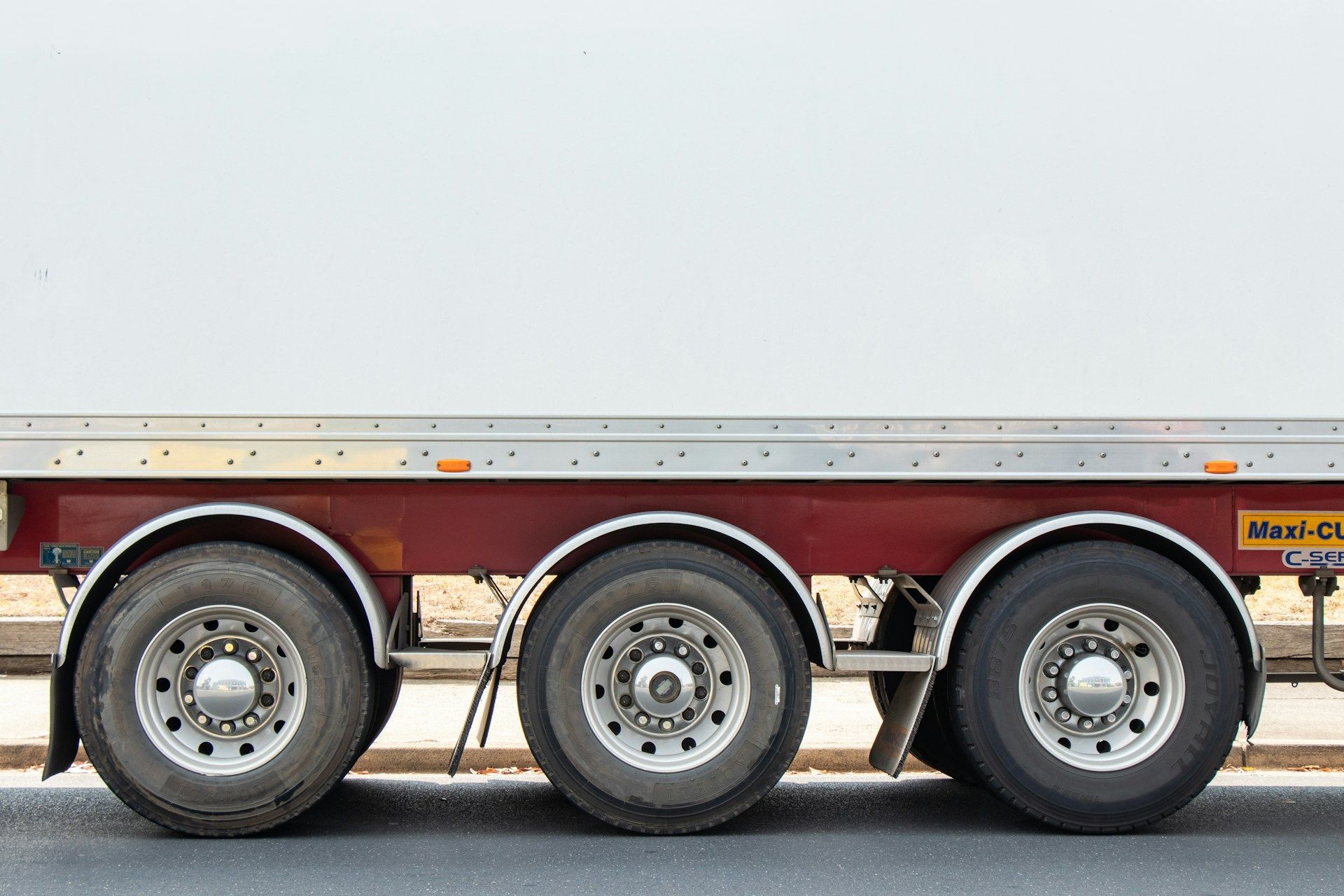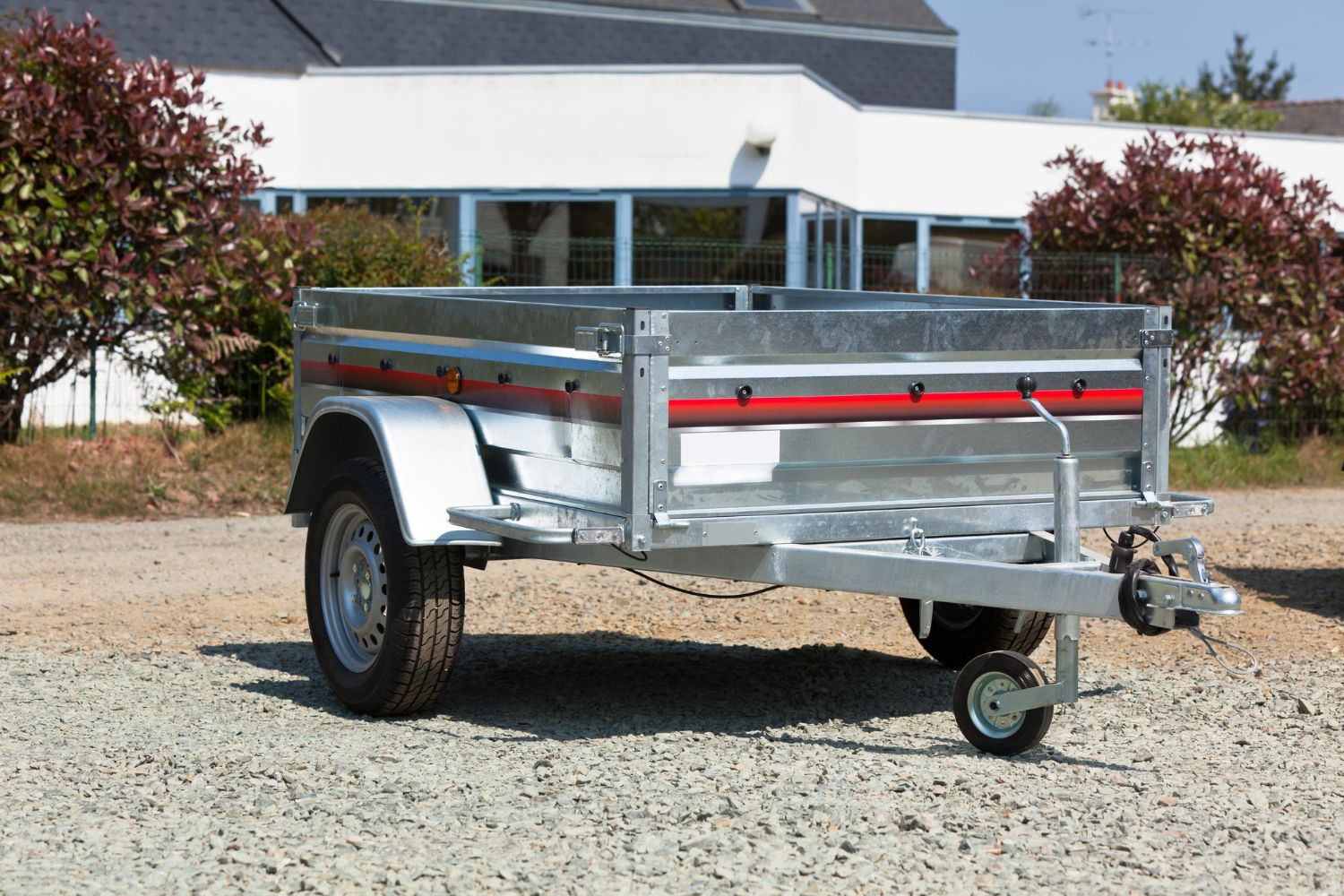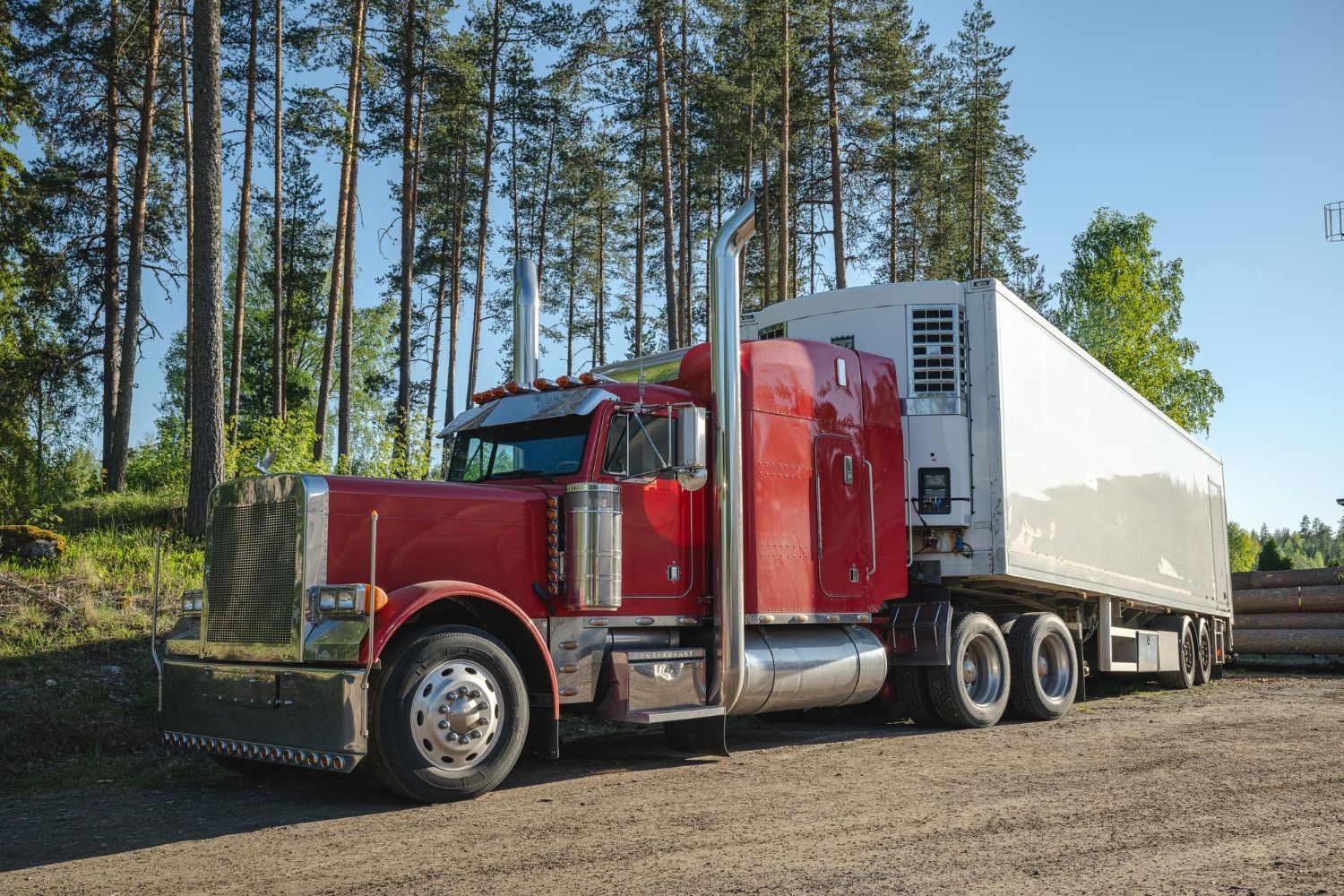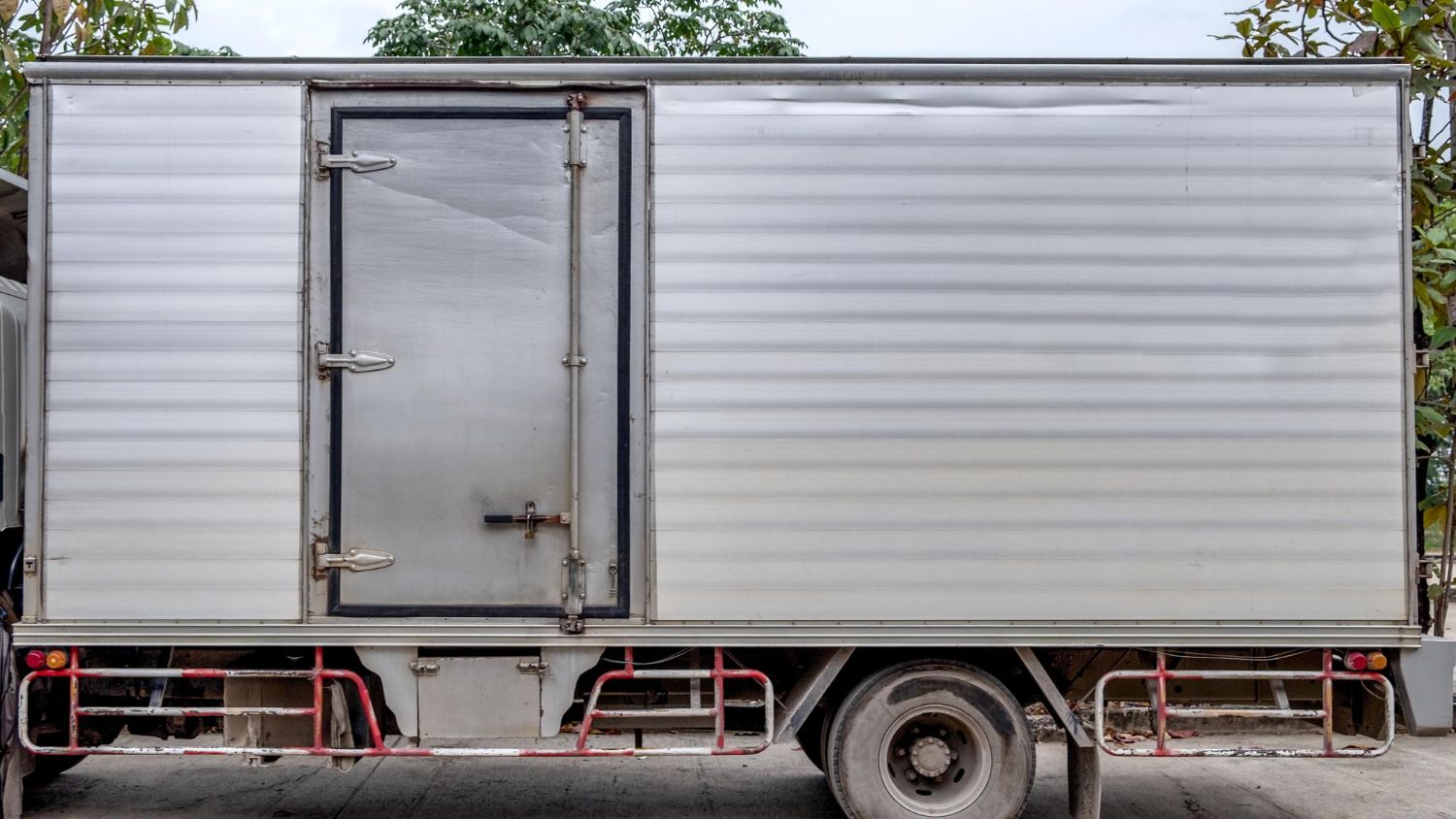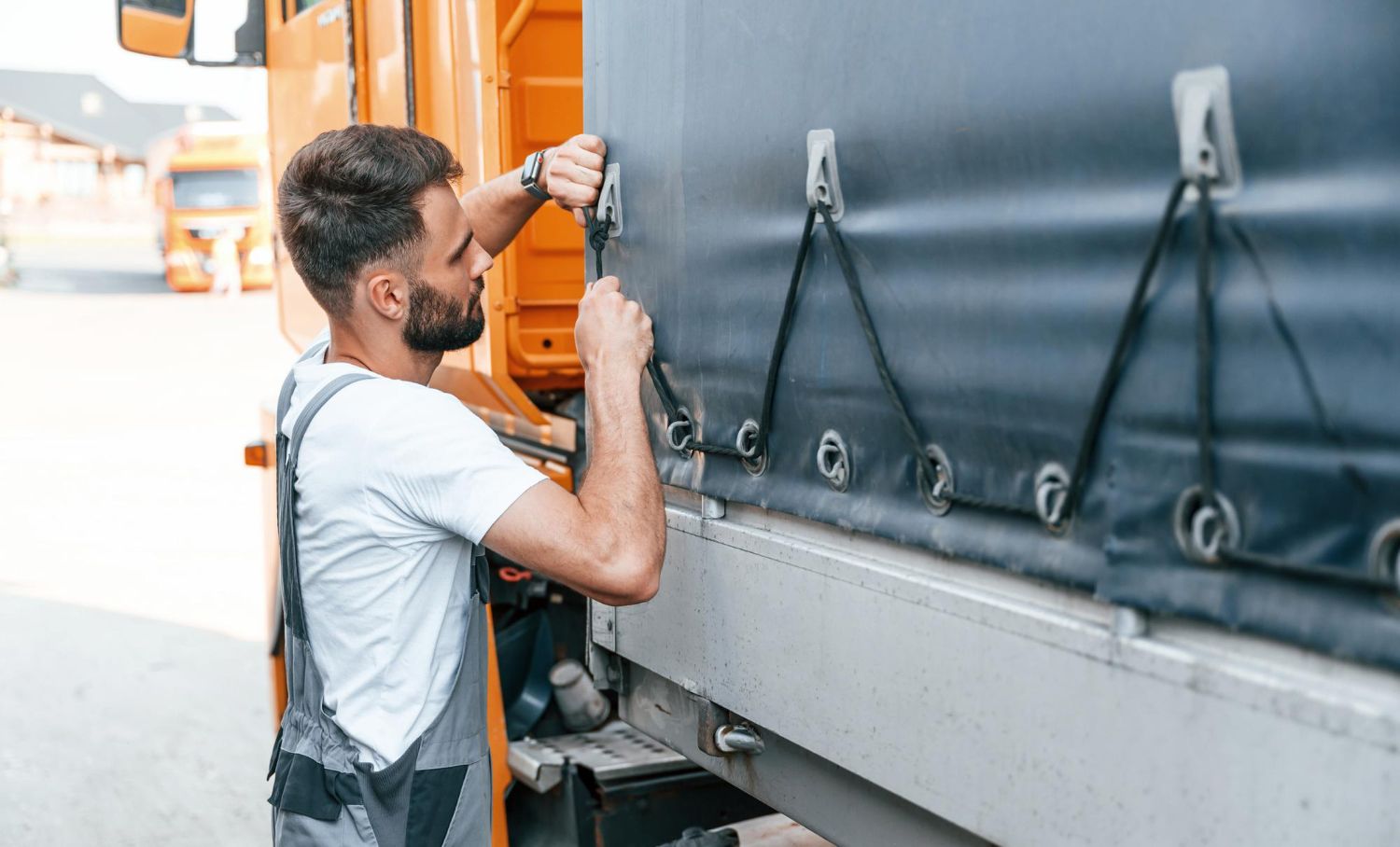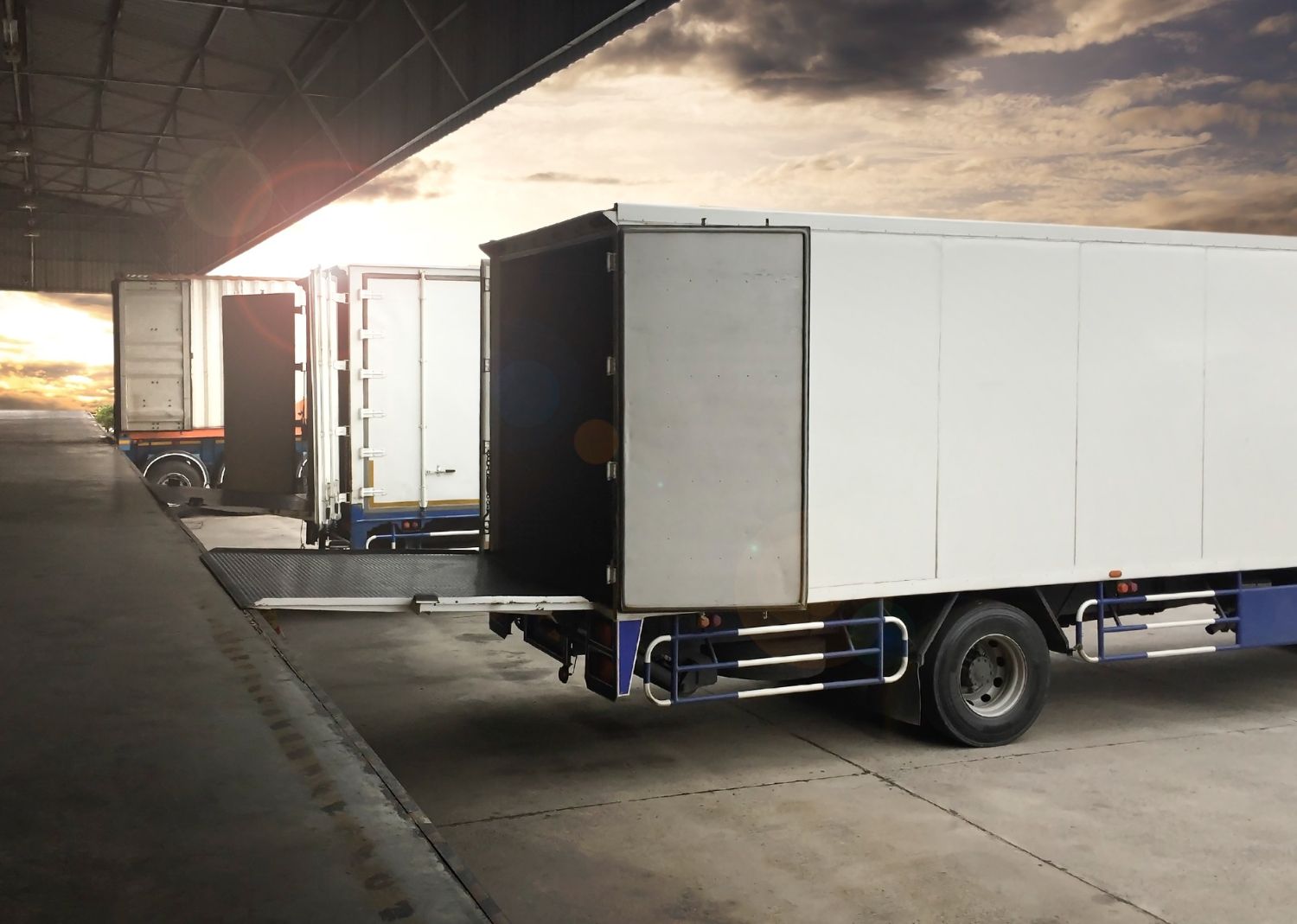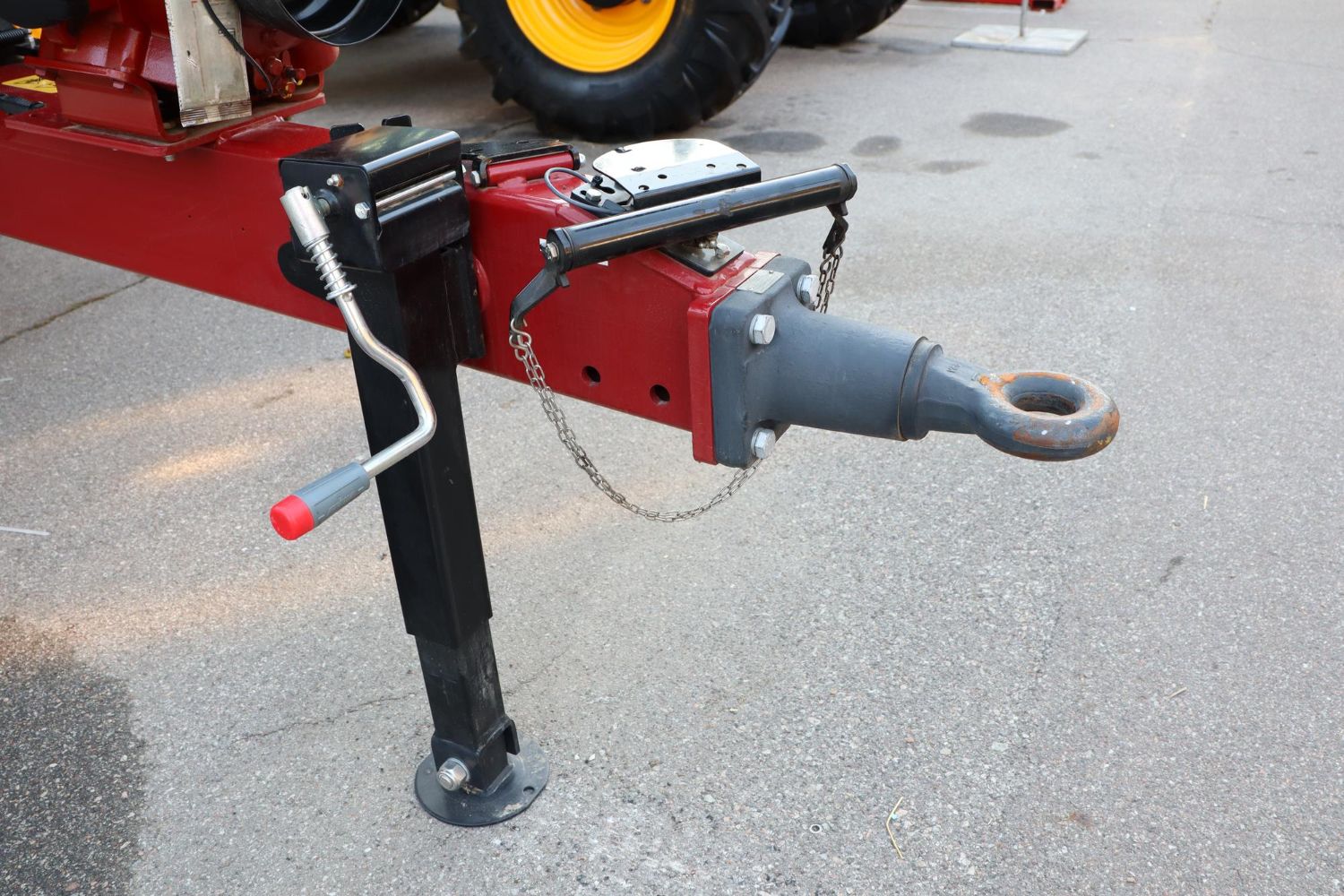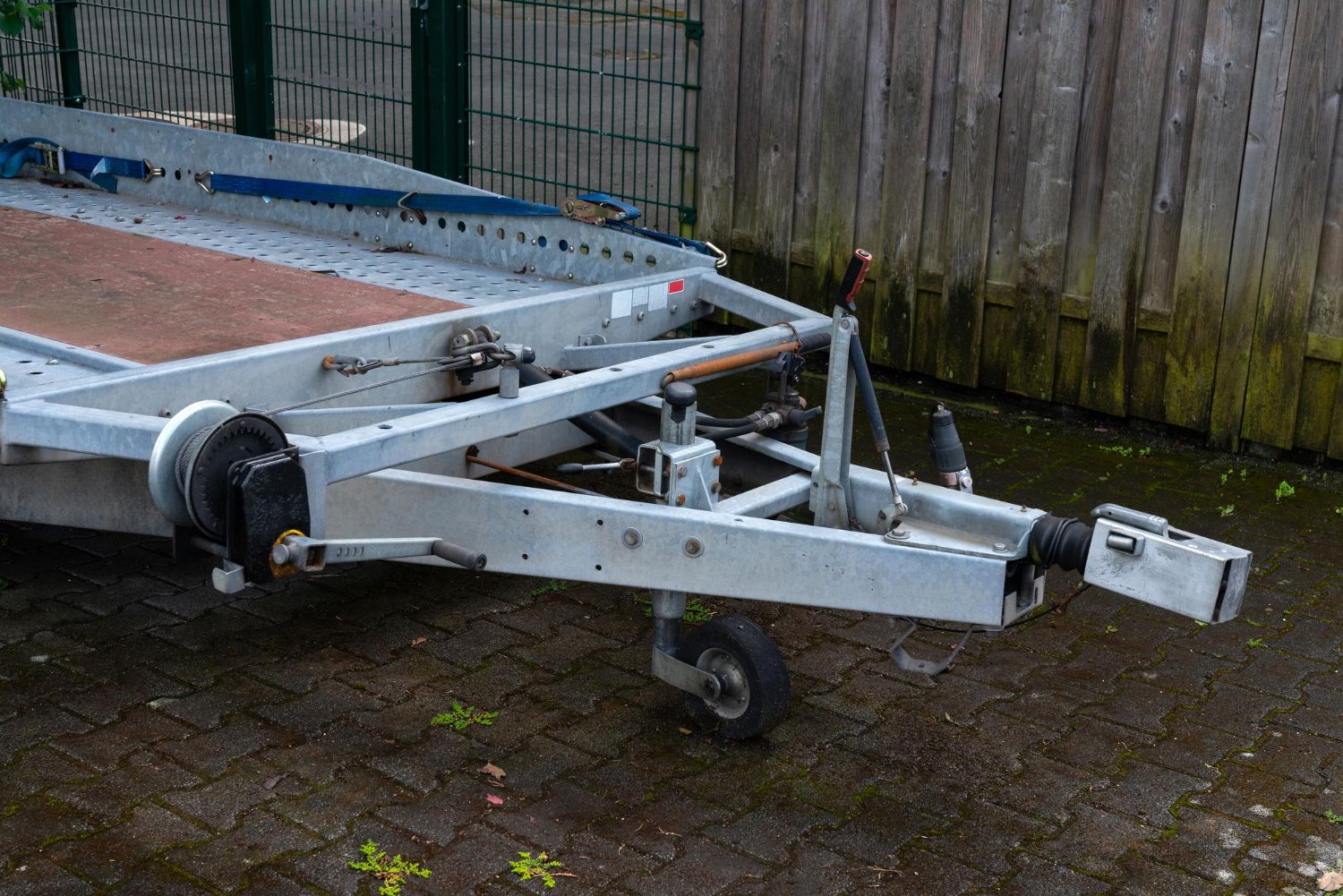Temperature Control in Enclosed Car Haulers
When you’re hauling a car across town or across the state, temperature probably isn’t the first thing on your mind. But for folks who use enclosed haulers, especially around Albuquerque with its unpredictable weather patterns, managing the inside temperature can be a bigger deal than expected. Winter mornings can start below freezing, while afternoons swing toward dry heat. That fluctuation affects more than just your ride comfort. It can also impact your cargo.
Whether you’re transporting a classic car or equipment that reacts to heat or cold, controlling the temperature inside your enclosed hauler helps cut down on wear, moisture buildup, or material expansion. If your cargo isn’t protected, temperature swings can lead to cracked leather, damaged paint, swollen plastics, or just straight-up rust and moisture issues over time. That’s why temperature control isn’t just nice to have—it’s something worth setting up from the start.
Understanding Temperature Control in Enclosed Car Haulers
When we talk about temperature control inside enclosed car haulers, we’re not just referring to heating or cooling systems. It’s really about managing how heat or cold builds up inside the trailer and finding ways to keep things balanced during transport. Trailers can easily trap heat under direct sun or hold in cold air during chilly mornings. That closed space acts almost like an oven or an icebox, depending on the time of year.
This really matters if you’re hauling something that’s sensitive to temperature changes. Think about parked cars inside sealed trailers during a sudden heatwave. Rubber can soften, adhesives loosen, and battery performance dip. If there’s a sudden drop in temperatures overnight, condensation can form inside the hauler, exposing the vehicle to moisture, and eventually, rust.
These shifts don’t have to be extreme to cause trouble over time. Constant exposure to little changes adds up. That’s especially true in Albuquerque where even fall can swing between cold, foggy mornings and sunny, dry afternoons. If your hauler doesn’t keep a steady inside climate, the vehicle riding in the back may experience more than potholes on the journey.
The goal of adding temperature control isn’t to turn your trailer into a luxury garage. It’s about prevention. Maintaining a stable climate helps preserve tires, electronics, paint, and upholstery, especially when the hauler will sit for a few hours or days. Once you understand how much that inside temperature can vary depending on use, weather, and road conditions, it makes sense to set up some safeguards.
Top Ways to Manage Temperature in a Car Hauler
When it comes to controlling climate inside your trailer, you don’t have to go over the top. A few updates can help manage heat buildup, reduce moisture, and keep the inside air flowing. Here are some of the best ways to start:
1. Insulation
- Foam board insulation works well on flat surfaces and doesn’t add much weight
- Spray insulation can be applied to corners and hard-to-reach areas to prevent air leaks
- Reflective foil insulation is helpful for sunny days since it blocks radiant heat
2. Ventilation Systems
- Roof vents offer passive airflow, pulling hot air up and out as you move
- Side wall vents are useful to let cool air in during transit, especially on longer hauls
- Adding vent covers helps keep out dust or rain while still offering air circulation
3. Climate Control Equipment
- Portable fans can help push air toward the vents
- Battery-powered heaters or AC units are helpful for parked trailers that sit for longer periods
- Dehumidifiers can stop moisture buildup, especially overnight or during the colder months
Start with insulation first. That lays the foundation for everything else, and even just that one upgrade can make a huge difference in how your trailer holds up under heat or cold. From there, figure out what you haul, how often, and when the trailer is usually in use. That’ll give you a clearer idea of whether you need extra systems like fans or dehumidifiers.
Useful Habits To Keep Temperatures In Check Year-Round
Even the best insulation system won’t do much if it’s ignored or not maintained. That’s why keeping things in good shape becomes a regular part of using enclosed car haulers, especially around Albuquerque where dry heat is almost always waiting on the other side of the door. Whether it’s the middle of November or the start of a hot spring, it’s smart to get into a rhythm with a few small checks and tweaks.
Here are some straight-to-the-point ways to stay ahead of temperature issues:
- Check insulation for gaps or signs of damage. If panels are loose or spray foam has cracked, hot or cold air can sneak in
- Look over your vents and make sure they’re not blocked. Roof and wall vents should be clear of dirt, leaves, or debris
- Use a thermometer to spot uneven temperature zones inside the hauler. If one side feels warmer than the other, start by checking air circulation
- Keep doors closed when possible during loading to avoid bringing in outdoor air, especially if you’re letting the HVAC system do its job
- Space out the cargo a bit. Letting air pass between and around the hauled vehicle or item can help temperature stay more balanced overall
If you’re planning to haul during colder months, Albuquerque might surprise you. Nights can dip quickly even in November, and condensation can sneak in overnight. A small portable dehumidifier and a soft vehicle cover can save you a headache. On the flip side, during warmer stretches, parking your trailer in the shade whenever possible and pre-cooling the interior with a fan or AC unit before loading can prevent interior temperatures from peaking before you even hit the road.
Doing these little things routinely gives you a better handle on how your trailer behaves in Albuquerque’s swingy weather. Over time, you’ll start to catch issues faster and keep the environment inside the hauler consistent, no matter the month.
Keeping Your Cargo Safe Starts With Climate Awareness
Whether you’re hauling on the highway or storing a car for a few days, enclosed car haulers offer a much-needed layer of protection from outside elements. But what’s going on inside that trailer can be just as important. Letting the air get too hot or encouraging condensation to form can quietly damage things you worked hard to maintain.
The good news? You don’t have to get fancy to stay ahead of it. With some thoughtful setup, regular check-ins, and a few smart upgrades, it’s possible to create a steady and safe temperature inside your hauler. Especially in a place like Albuquerque, where fall warmth can flip to winter chill overnight, that kind of control goes a long way toward keeping your valuable cargo in the condition it was meant to stay in.
Finding the right balance in temperature control for your trailer can make all the difference for your cargo’s condition. If you’re looking for practical ways to manage climate swings while hauling around town or across New Mexico, take a closer look at our enclosed car haulers in Albuquerque. At New Mexico Trailer Depot, we’re here to help you find the trailer setup that keeps your load protected year-round.
